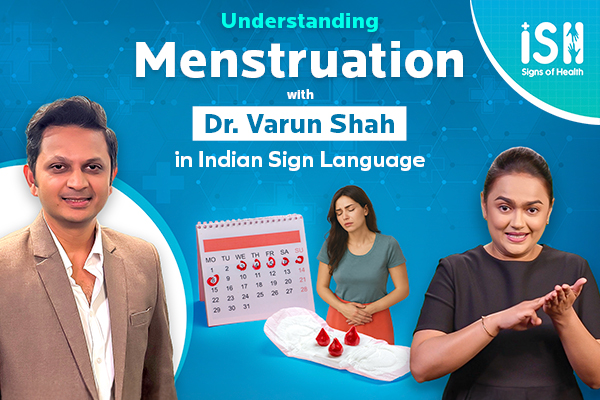8 Tips to Sleep Better at Night
Our sleep plays a very important & vital role in our physical and mental well-being. Here are 8 tips to ensure long, deep & healthy sleep.
Sleep plays a very important role in our physical and mental well-being. When we sleep, our brains and bodies get time to repair themselves. The body detoxifies, restores energy, and balances out hormones and proteins. Getting enough and proper sleep has many benefits.
When our sleep is proper, we:
- Fall sick less often.
- Maintain a healthy weight.
- Lower the risks of diabetes, blood pressure, and heart attacks.
- Lower our stress levels.
- Improve our mood.
- Ensure better attentiveness, thought clarity, and productivity.
- Perform better physically and emotionally.
Not getting enough sleep can cause all the opposite effects of these. Therefore, sleep is as essential as food and water for us.
So, how do we ensure better sleep? Here are a few tips:
Increase Bright Light Exposure During the Day
Natural sunlight or bright light exposure during the day helps keep our body’s natural clock, known as the ‘circadian rhythm,’ healthy. It improves daytime energy and nighttime sleep quality and duration.
Limit TV, Smartphone, and Laptop Usage in the Evening
The light emitted from our electronic devices is called blue light and tricks our ‘circadian rhythm’ into thinking it's still daytime. Limiting the use of electronics in the evening helps relax and get deep sleep.
Stop Consuming Caffeine in the Evening
Caffeine can stay up to 8 hours in our body and increases energy. Consuming caffeine after 4 pm is not suggested as it can shorten the length of your sleep.
Reduce Irregular or Long Daytime Naps
While short power naps are beneficial, long or irregular napping during the day can confuse our natural internal clock and cause us to struggle to sleep at night.
Don’t Drink Alcohol
Drinking alcohol disturbs the production of the melatonin hormone, which plays a vital role in our ‘circadian rhythm’ by helping the body to relax and initiate sleep. As a result, alcohol consumption can disturb sleep patterns and cause sleep apnea and snoring problems.
Don’t Eat Late in the Evening
Eating late dinners can negatively affect our sleep quality by disturbing the release of melatonin. Late dinners result in delayed digestion that keeps the body awake and disrupts the ‘circadian rhythm.’
Relax and Clear Your Mind in the Evening
Studies show that indulging in relaxing activities before bedtime accelerates sleep and enhances its quality. Activities like listening to relaxing music, reading a book, taking a hot bath or shower, meditating, and deep breathing positively affect sleep.
Don’t Drink Any Liquids Before Bed
Drinking liquids late in the evening can cause excessive urination during the night and affect sleep by forcing the body to wake up more than once to release the excessive fluids. Therefore, it is suggested not to drink any fluids 1–2 hours before bed and to use the bathroom right before going to bed to ensure an empty bladder.
So, you see how important sleep is for us! Therefore, next time when you aren’t able to sleep properly, incorporate some of these tips and prioritize your sleep.







